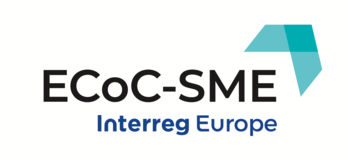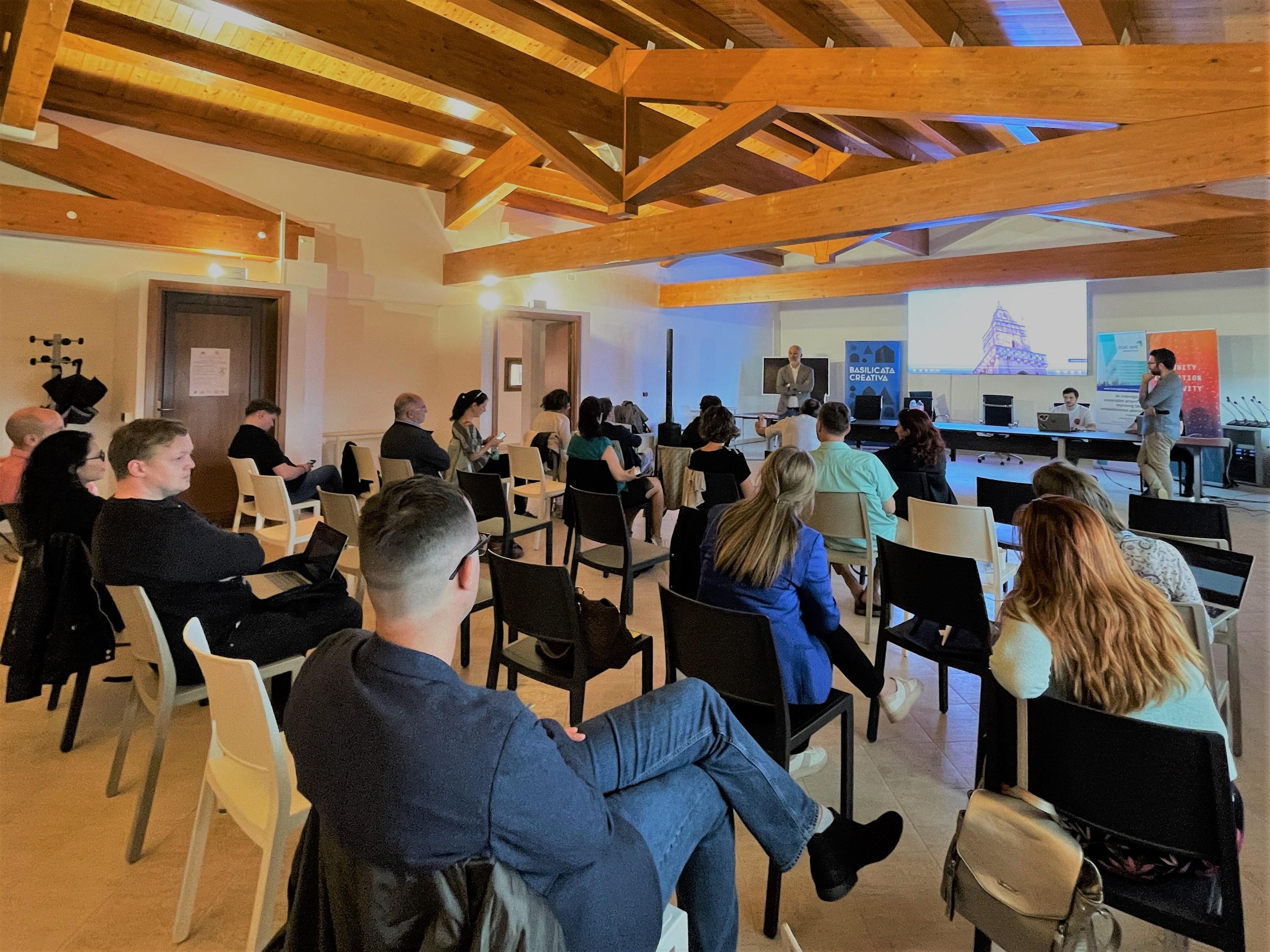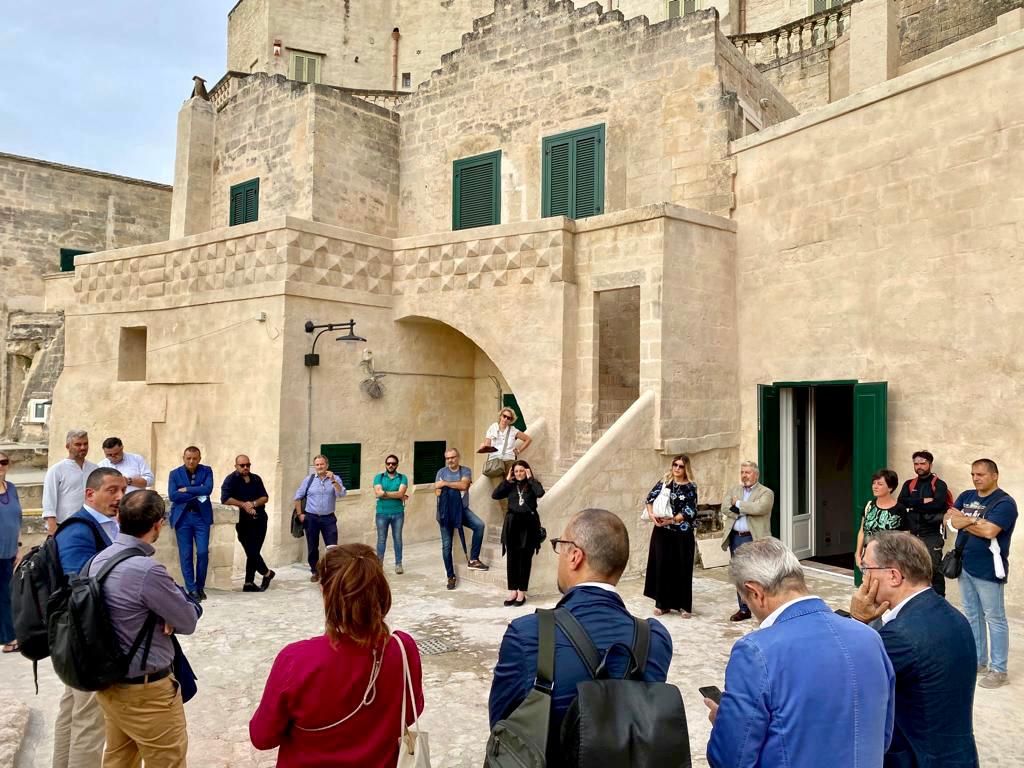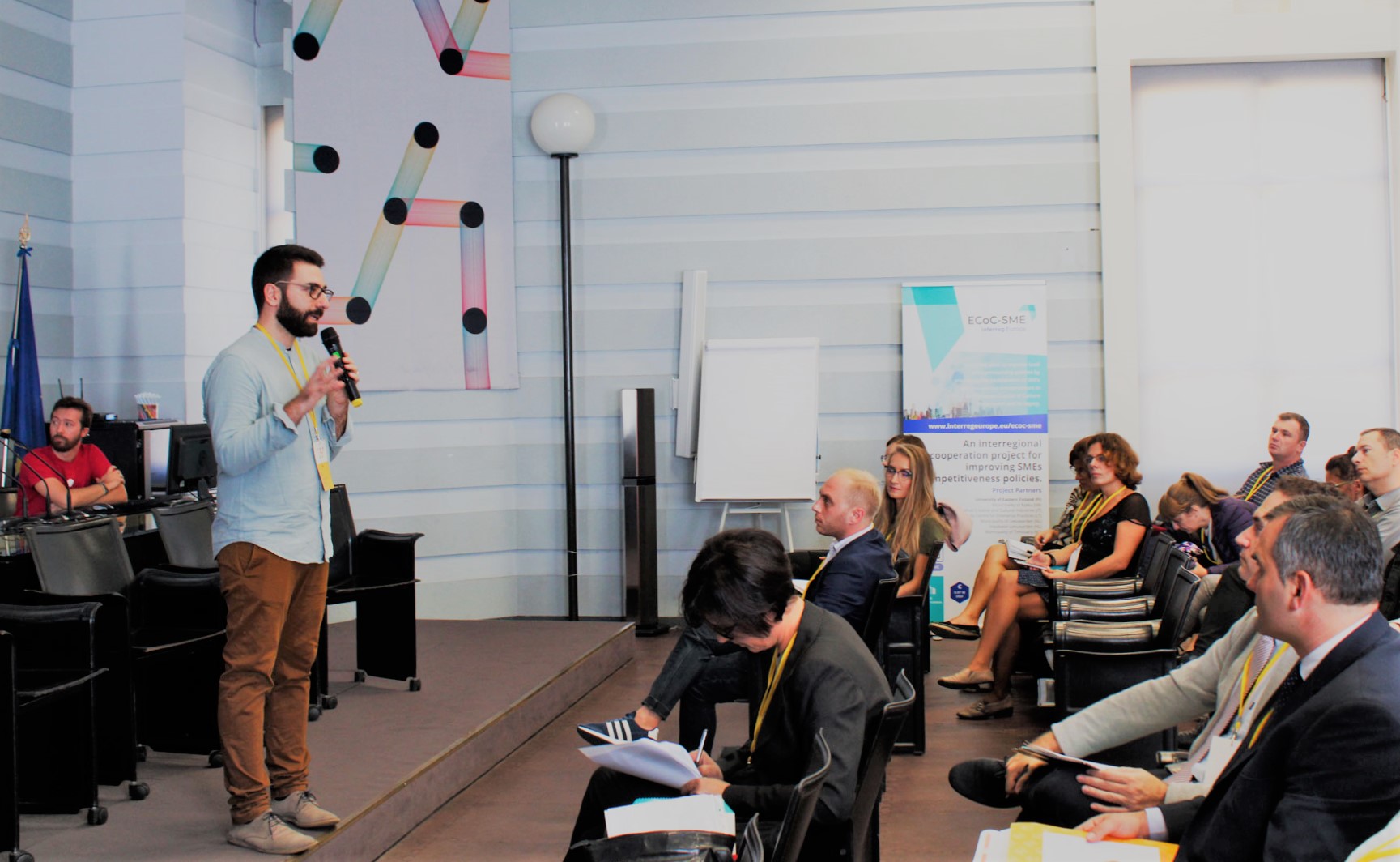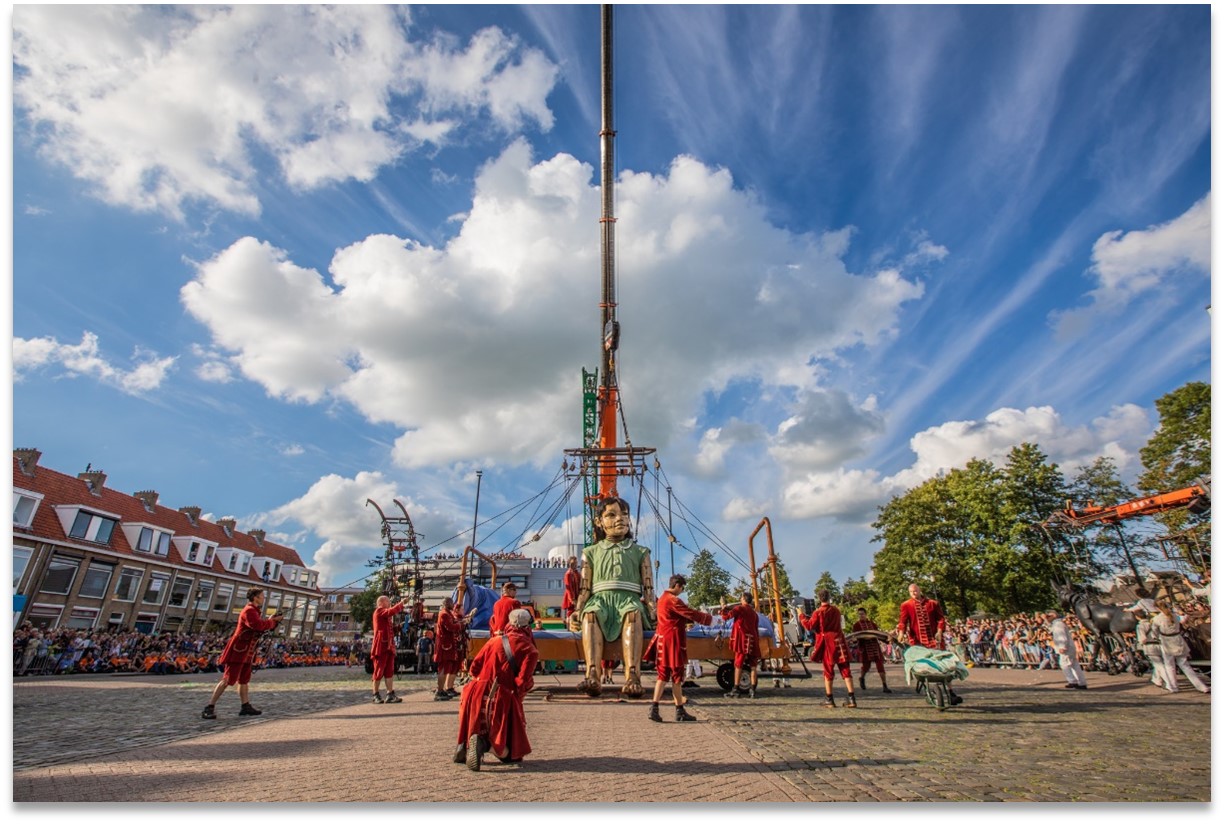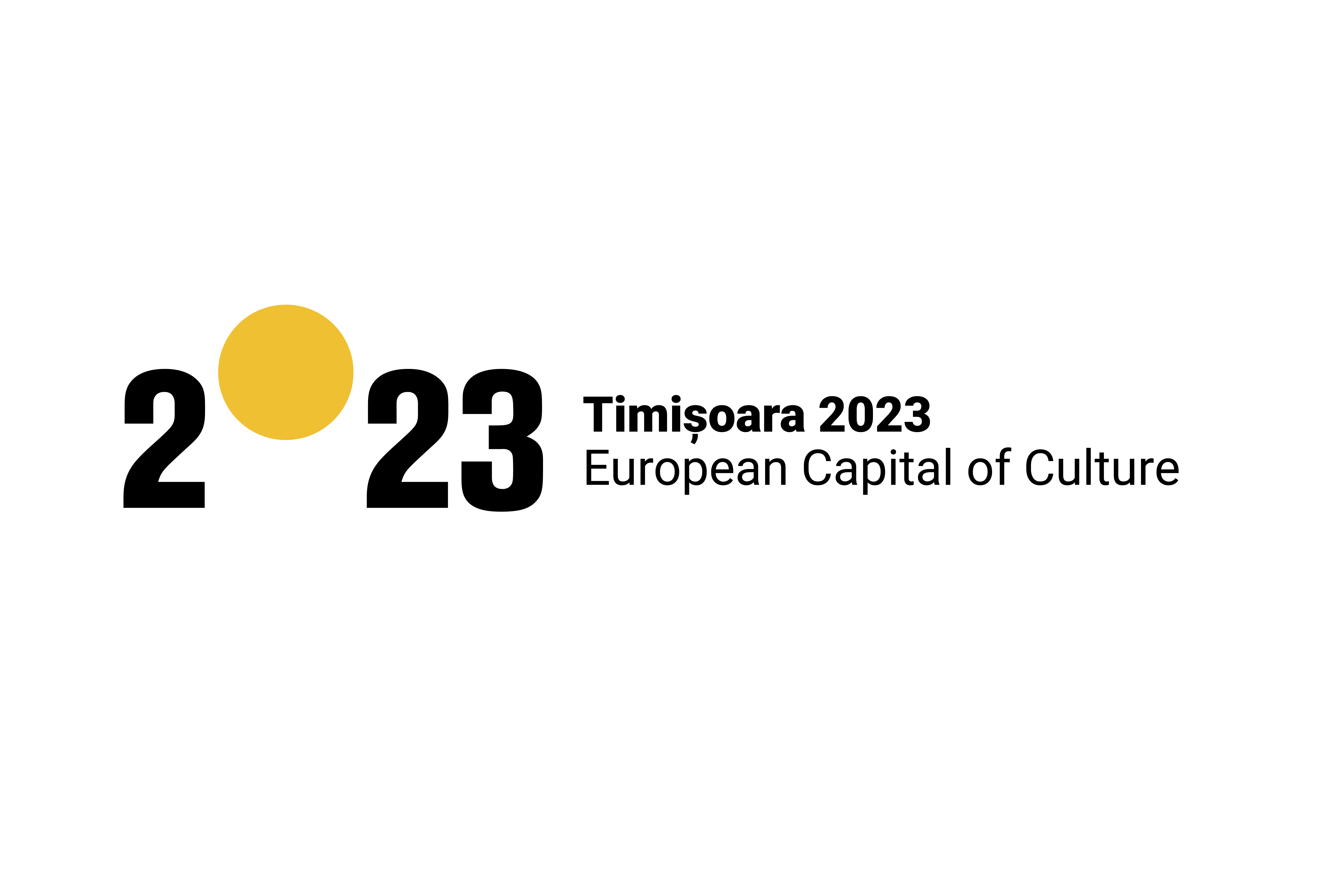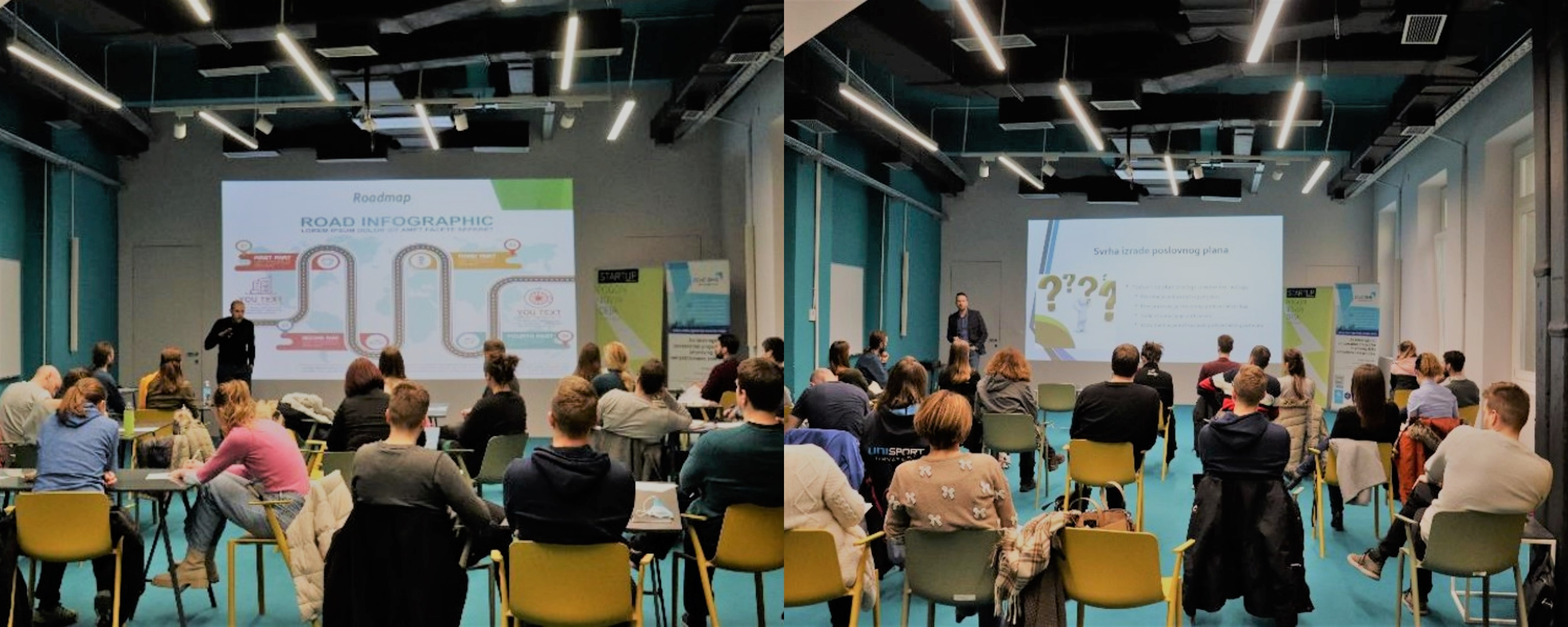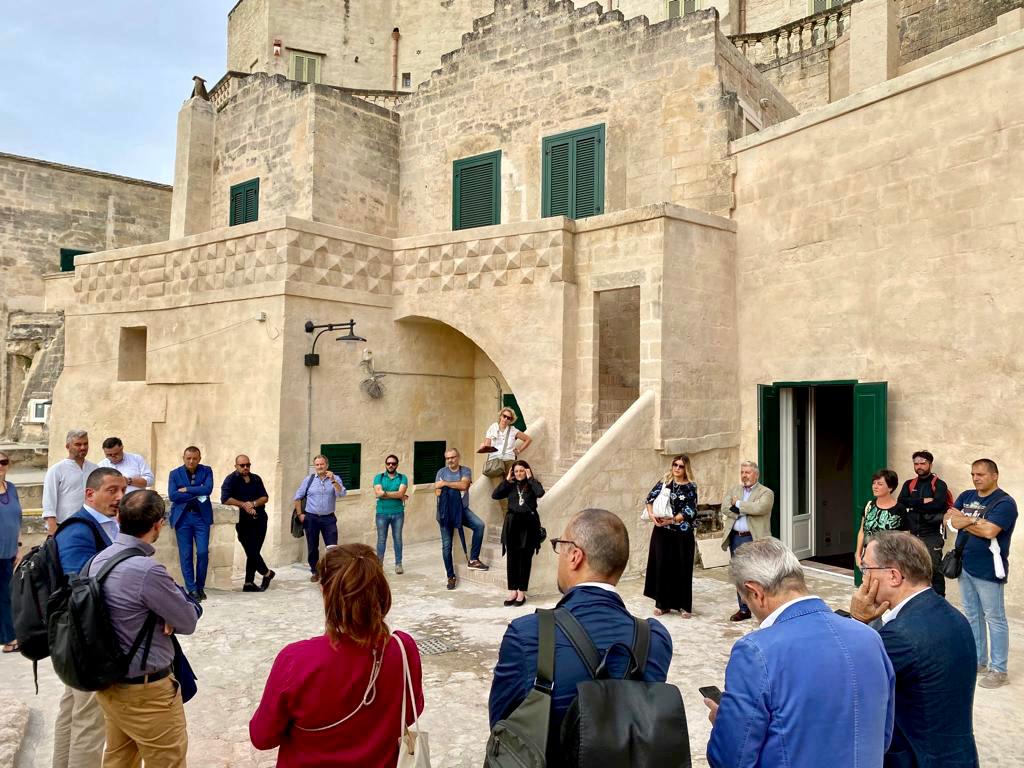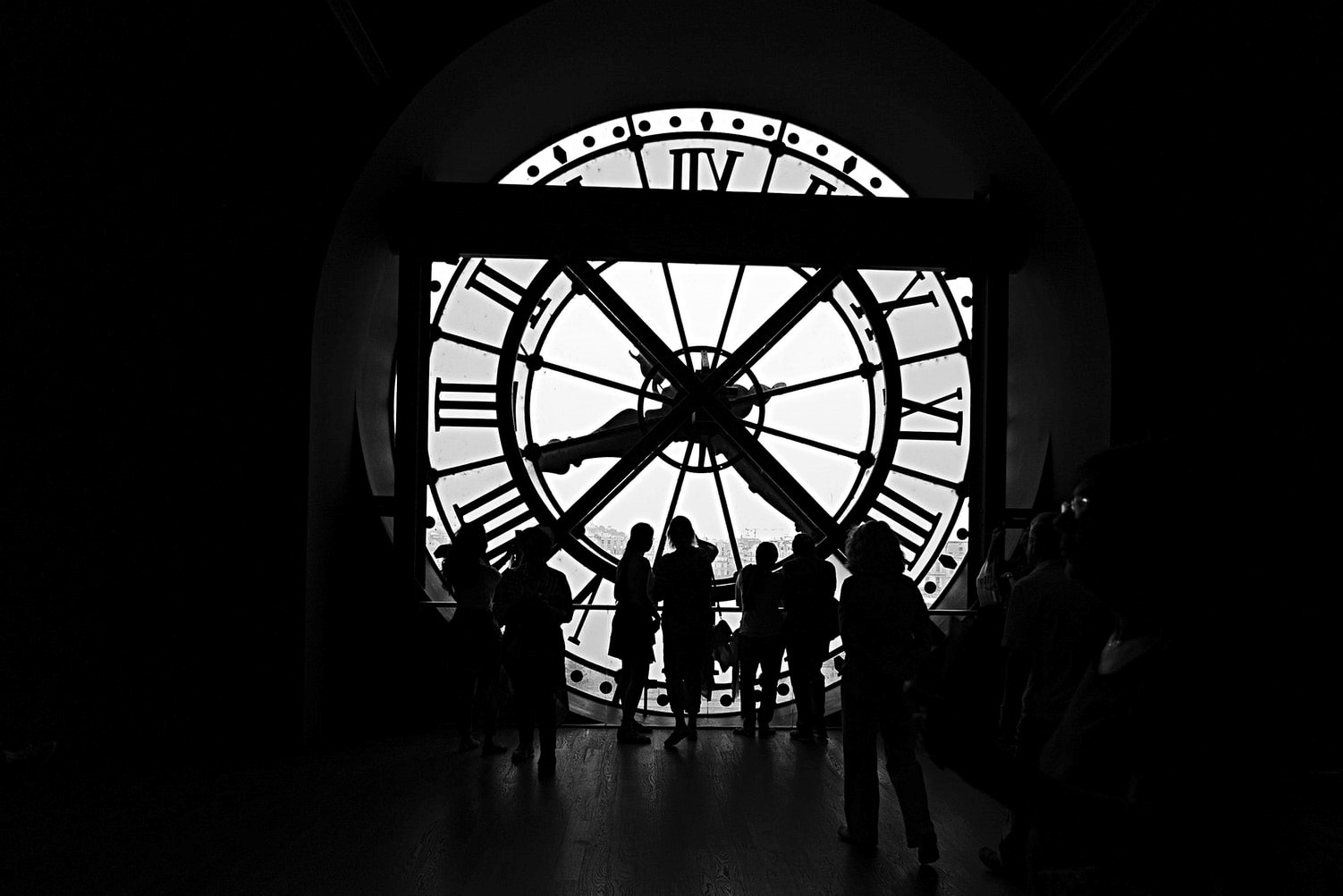Timisoara was planned to be the European Capital of Culture (ECoC) in 2021. As the Pandemic casts COVID-induced economic uncertainty throughout the whole country, and foreseeable cancellations of cultural events, it was proposed to and being discussed at the European level to potentially postpone Timisoara 2021 to be the ECoC of 2023.
The Ministry of Economy, Energy and Business Environment has launched the National Plan for Investments and Economic Recovery, one of its main goals is to assist SMEs and hardly-hit sectors such as hospitality and tourism in their recovery to the “new normal”.
Romania launched the National Plan for Investments and Economic Recovery
The manifestation of the COVID-19 pandemic in 2020 has led to a worldwide uncertain macroeconomic framework, as there is currently a mix of factors that inhibit economic growth and are difficult to quantify, against the background of the application of public health protection measures.
On July 1st, 2020, the Ministry of Economy, Energy and Business Environment launched the National Plan for Investments and Economic Recovery, which issues grants and support programmes financed from non-reimbursable external funds and from the state budget. The decision aims to provide the coverage of working capital, financing of investment needs, schemes for the digitisation of companies, as well as measures to support employment growth and social schemes or grants.
The effects of the COVID-19 pandemic were less felt in the Romanian economy in the first quarter of 2020, most growth slowdown registered started from the second half of March. Nevertheless, the impact was already significant, the GDP recorded for the first quarter of 2020 was 2.4%, half of the same period last year (4.1%).
GDP dynamics on main components (gross series)
The Minister of Economy, Energy and Business Environment, Virgil Popescu, said that, despite the economic decline witnessed in the first quarter of the year, through the National Plan for Investments and Economic Recovery, he wanted to end the year with an economic growth.
Mr. Popescu spoke about supporting SMEs and specified that the amounts provided in the National Plan for Investments and Economic Recovery (PNIRE) will come from European funds that were not disbursed in the period 2014-2020.
Grants for innovative entrepreneurial initiatives and digitalisation:
Source: Dentons |
Regarding tourism and other related services severely hit by the COVID-19 pandemic, the National Plan for Investments and Economic Recovery provides several types of measures and forms of support. Thus, out of about one billion euros that will be made available to companies in the areas affected by the crisis caused by the SARS-CoV2 pandemic, about 350 million euros could go to companies in the hospitality (HoReCa), tourism and transport industry.
One of the priorities of the Ministry of Economy, Energy and Business Environment is also to support the film industry by launching the 2020 call to submit applications for funding under the state’s multi-annual aid scheme to support the film industry and the budget available is 50 million euros.
Source: Ministry of Economy, Energy and Business Environment, Romania
Timisoara 2021 potentially postponed till 2023
There have already been discussions at European level for several months to postpone the cultural capitals of 2020 and 2021 by one or two years. If this proposal is adopted, Timisoara will be the European Capital of Culture in 2023, along with Veszprem (Hungary) and Elefsina (Greece).
